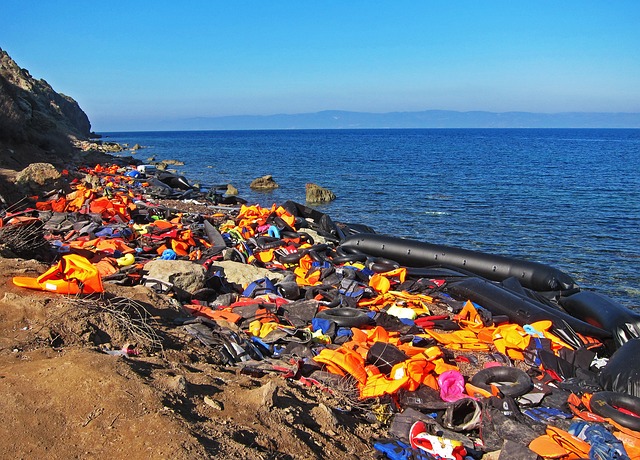Spain is to recognise the Palestinian state from Tuesday 28 May.
Spain, Ireland and Norway will join seven other European countries that officially acknowledge Palestine, including Sweden, Cyprus and Slovakia.
The three new countries hope that other European states will soon make similar decisions and help highlight the current plight of Palestinians in Gaza, the location of a bloody and prolonged conflict between Hamas and Israel.
It’s being reported that Malta and Slovenia are also considering recognition.
Countries can’t recognise an actual Palestinian state, as it doesn’t yet exist, but support the idea of creating one.
In total, around 140 of the about 190 UN countries have already recognised the need for a Palestinian state.
The modern-day troubles date back to 1947.
Back then a UN partition plan advocated creation of a Jewish state alongside a Palestinian state. This was not acceptable to Palestinians and the wider Arab world, because they argued that it would have given them less than half of the land, despite Palestinians making up two-thirds of the population.
A year later the Arab-Israeli war saw yet more Israel territory gains, with the West Bank and East Jerusalem controlled by Jordan and Gaza in the hands of Egypt. Another war in 1967 saw Israel grab control of all three areas.
Many countries agree that a Palestinian state should exist, but only as part of a negotiated settlement. Such negotiations have been stalled since 2009. Countries such as the US, UK, France and Germany are not directly opposed to a Palestinian state, but see it as a result of a wider settlement which is acceptable by all parties.
Spanish Prime Minister Pedro Sánchez said about his country’s decision: “This recognition is not against anyone, it is not against the Israeli people. It is an act in favour of peace, justice and moral consistency.”
Israel’s Prime Minister Benjamin Netanyahu said such decisions by countries were a reward for terrorism. He recalled his ambassadors from Spain, Ireland and Norway.




